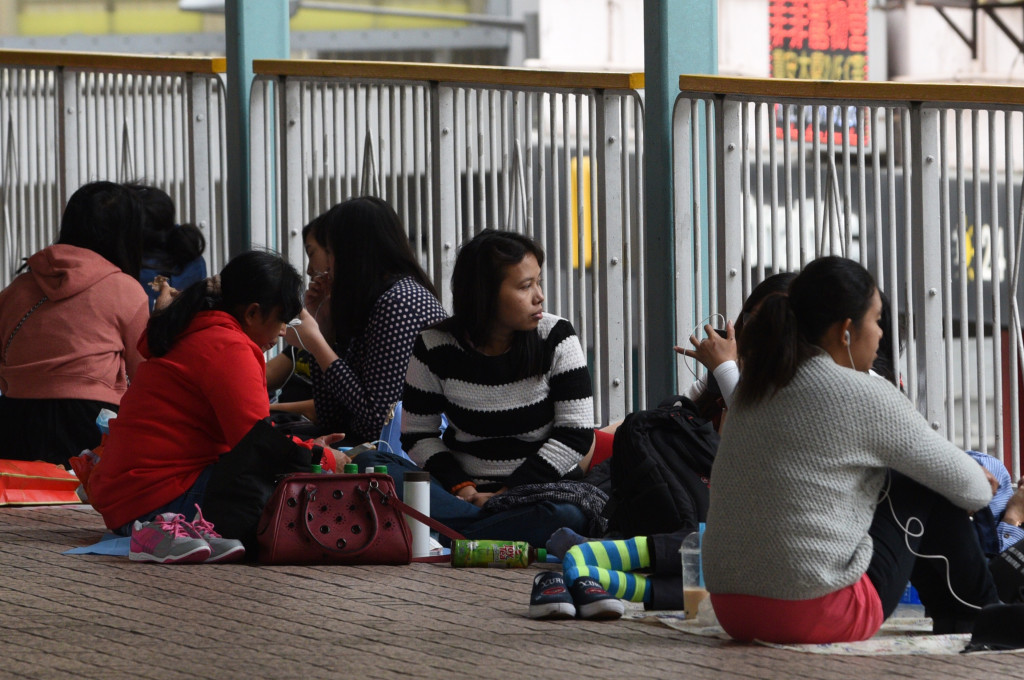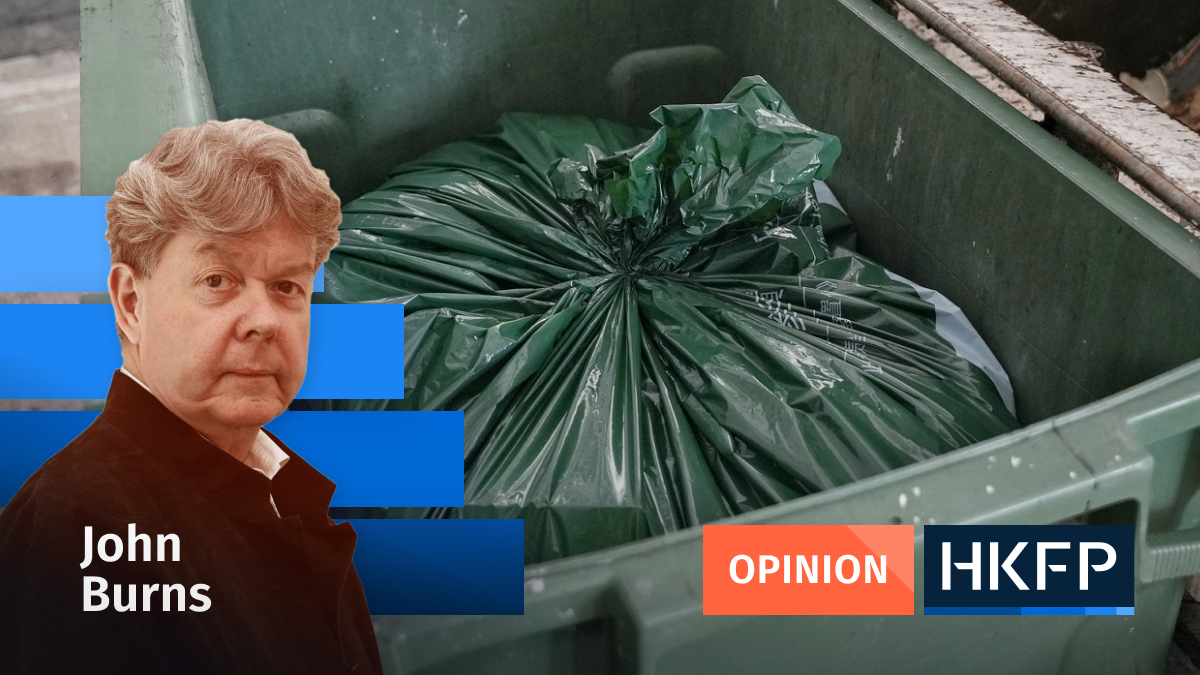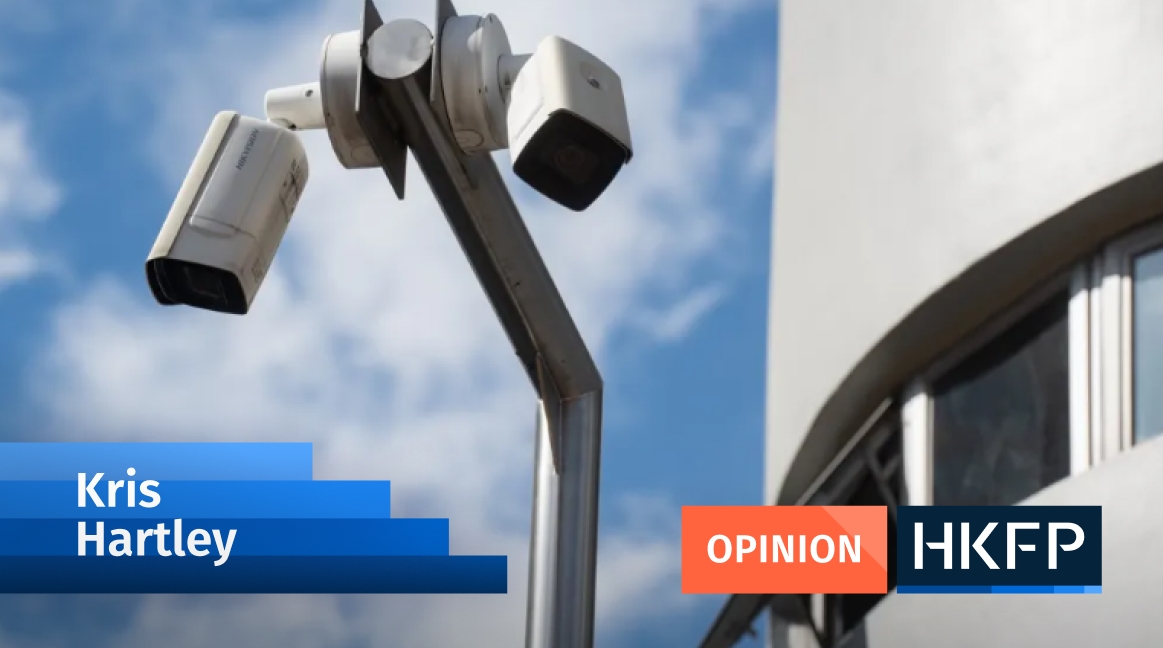By Izzy Jose
Recently, a TVB programme came under fire for its portrayal of a Filipina domestic worker played by a Canadian-Hong Kong actress in brownface. As a member of the ethnic minority community and an actress, I have many thoughts on this topic.

The series Barrack O’Karma follows sub-plots and stories of different characters that live or work in the fictional Golden Night Building. In it, an actress donned brownface and spoke in what seemed to be a broken version of Cantonese.
On top of that, another clip of the actress circulated on social media showing her seemingly off-screen in the middle of the brownface process – putting a darker colour of make up on her legs – while again speaking in a butchered version of English.
To understand why brownface – as an extension of blackface – is a problem, we need to understand the history of blackface and its use of denigrating people of African descent. Moreover we need to understand that it has deep-rooted origins in systemic and institutionalised racism, designed to oppress people of colour. And that it has, as an effect, created stereotypes of these minority groups.
“It allows a society to routinely and historically imagine African Americans as not fully human,” says David Leonard, a professor of comparative ethnic studies and American studies at Washington State University.

This act of brownface seen on TVB perpetuates the same ideas of supremacy and superiority we have seen time and again in the history of entertainment, as a way to assert dominance over minority groups by mocking and minimising everything that they are as a people to that of a caricature.
Which brings me to my experiences auditioning for film and TV roles in Hong Kong. Every single casting has required me to play the role of a “clumsy” or “absent-minded” domestic worker, or something to that effect.
I have done an audition where the scene calls for the Foreign Domestic Worker (FDW) to spill things on the floor in an act of carelessness. I have done an audition where the child that I, as the FDW, am looking after gets kidnapped because I was too engrossed by my mobile phone, again implying the same “careless” character trait that seems to always be written for FDW figures.
I have been made to speak in what the casting team thinks is a “Filipino” version of Cantonese, because they thought my Cantonese was “too good” to pass as a domestic worker. In the first place, what is a Filipino accent? I couldn’t tell you. The Philippines has 7,640 islands and has 120 spoken languages and counting as of 2022.
And this is why the TVB issue is problematic not only in the donning of brownface but in the representation – or misrepresentation, rather – of Filipino people. They are encouraging mockery of Filipino people and by extension all and any ethnic non-Chinese people in Hong Kong. Moreover, it dictates to the public how and what to think of people who have brown skin – that we don’t need to be taken seriously, that we are lesser than.

As we have seen and heard recently in the news, there have been reports of domestic workers who have requested shelter or medical help after testing positive for the coronavirus. Forced to sleep on the streets, these FDWs have been left to their devices with no help, and nowhere to go.
We hear terrible stories like in the case of Erwiana Sulistyaningsih, who suffered violent physical abuse from her employer and who was not paid her wages and not allowed her statutory holidays.
These are only two of the very many stories of mistreatment and abuse of FDWs in Hong Kong. These people have left their families and their homes to work in countries far away and take care of children who are not theirs. Some have had to endure poor working conditions and treatment from their employers, which we rarely ever see in the media or on TV.
The types of roles written by TVB about FDWs, and their casting choices, are not only inaccurate and damaging, they also contribute to the poor treatment of FDWs, and ultimately how people in Hong Kong view migrant workers.
The actress in the TVB show can step in and out of brown skin without having to experience the racial stereotypes people hold against those with brown skin. She will not have to deal with the struggles that we face: the prejudice, the negative connotations attached to having brown skin that have been used to divide society as superior and inferior, and as a result dictate how society should view people with brown skin, and their treatment of them.
We are affected. Some of us are hurt. Some of us are angry. Most of us are disappointed.
Despite having released a statement, I still think TVB should acknowledge, at least, that there are people who have been negatively affected by the poor choices they have made in the creation of this role, the use of brown face, and the damaging implications on ethnic non-Chinese locals in Hong Kong who have brown skin. The actress who played the role apologised for her part in the incident on Wednesday.

Moving forward, I hope that networks and production companies do extensive research on minority communities and engage in productive and informative discussions with communities who have experienced marginalisation. By doing so, we can move towards a less superficial and more accurate, thorough, and authentic representation of ethnic non-Chinese communities, as seen by Miles Sible in Ateh (2021) and We Don’t Dance for Nothing (2022), and Crisel Consunji in Still Human (2018).
I would also invite people to reflect on their biases towards people with brown skin that may have been learned through what they have seen and heard in the media, and how that affects their interactions with people from these communities, and whether these preconceived notions and assumptions are called-for or justified.
Izzy Jose has been working as a freelance performer since finishing her Performing Arts degree in the UK in 2018. She currently works in education, and is vocal about proper representation in media and the entertainment industry, and foreign domestic worker rights in Hong Kong.
Support HKFP | Policies & Ethics | Error/typo? | Contact Us | Newsletter | Transparency & Annual Report | Apps
| HKFP is an impartial platform & does not necessarily share the views of opinion writers or advertisers. HKFP presents a diversity of views & regularly invites figures across the political spectrum to write for us. Press freedom is guaranteed under the Basic Law, security law, Bill of Rights and Chinese constitution. Opinion pieces aim to point out errors or defects in the government, law or policies, or aim to suggest ideas or alterations via legal means without an intention of hatred, discontent or hostility against the authorities or other communities. |
Help safeguard press freedom & keep HKFP free for all readers by supporting our team

More HKFP OPINION:
HKFP has an impartial stance, transparent funding, and balanced coverage guided by an Ethics Code and Corrections Policy.
Support press freedom & help us surpass 1,000 monthly Patrons: 100% independent, governed by an ethics code & not-for-profit.










